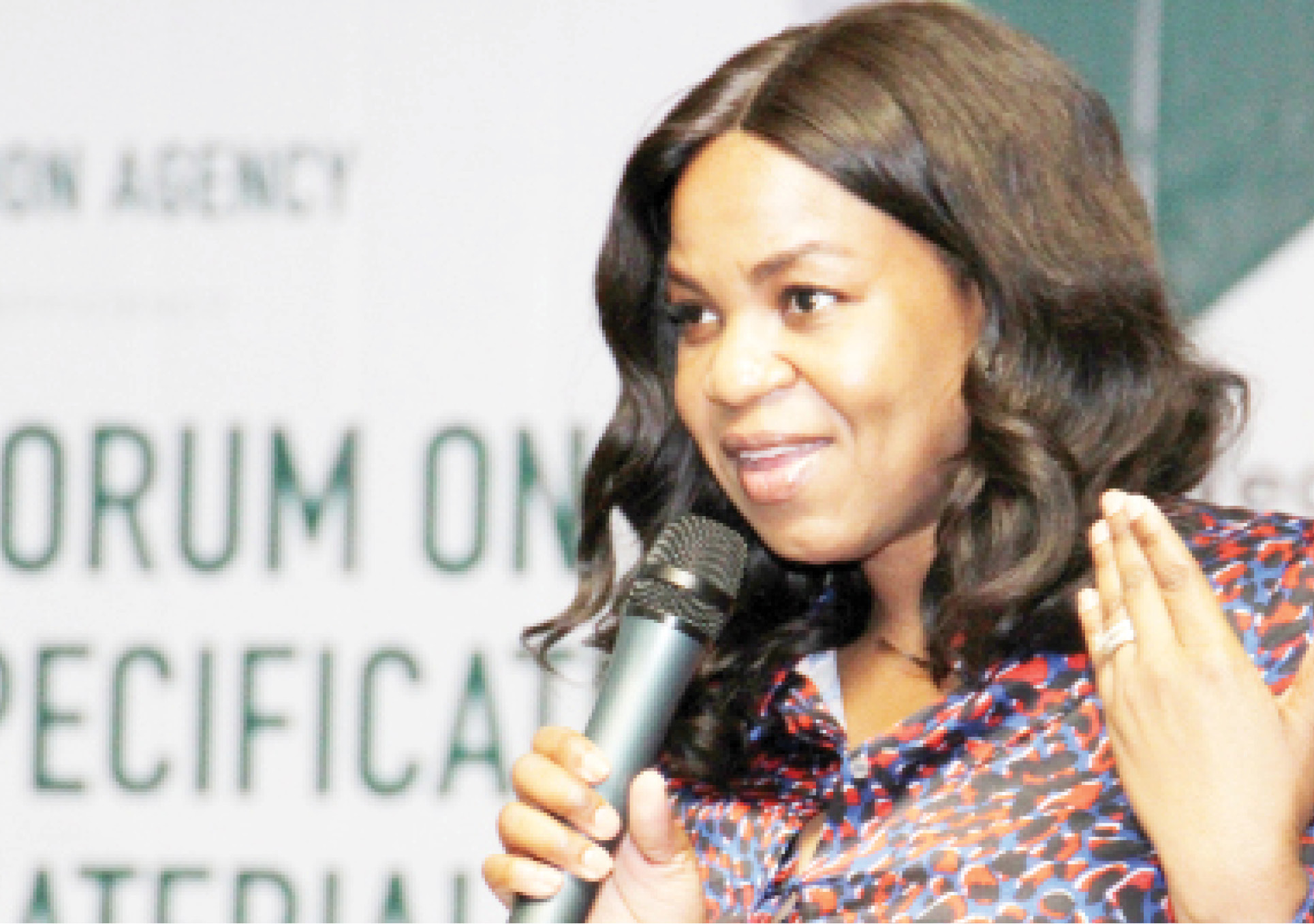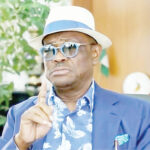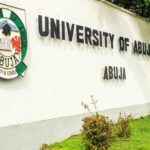Damilola Ogunbiyi is the Managing Director of the Rural Electrification Agency (REA). In this interview with Daily Trust Saturday, she speaks about women participation in Science, Technology, Engineering and Mathematics (STEM), and women embracing the power sector, among other issues.
Daily Trust: There are not a lot of women in leadership position in Nigeria’s power sector. Could you share with us what the experience has been like and why you would advocate for more women to embrace the sector?
Damilola Ogunbiyi: As a woman now leading a federal power sector agency, it has come with its challenges and opportunities. I learnt early on to work extra hard to gain recognition and respect for my added value and expertise. I also learnt to never underestimate the value of nurturing young professionals and fostering collaboration with both men and women. I like to believe that as an executive, I lead by example in order for my staff, colleagues and key stakeholders to see my passion for excellence.
This same drive for excellence translates to my advocacy for gender mainstreaming – which I champion in all REA initiatives. The sector (and Nigeria by extension) cannot sustainably develop without the inclusion of women electricity users, financial, legal, and technical and policy advisers, programme and project managers, contractors, manufacturers and so many more skills that are needed to grow the sector. The gender gap in the power sector is huge, therefore, we need their skills, business acumen, drive, and collective abilities to help foster the transformative change happening in the sector. And importantly, as primary front-end users of household energy, women have invested interest.
DT: Please tell us what your love is for the energy sector.
Ogunbiyi: There is a direct correlation between energy supply and changing people’s lives, which in turn translates to economic growth. I am passionate about national development and, of necessity, the energy sector plays a pivotal role in Nigeria achieving the objectives of the Buhari Administration detailed in the Economic Recovery & Growth Plan (EGRP). The direct impact of my job on the economy and lives of Nigerians motivates me to do more.
DT: STEM is not something that is widely encouraged for women participation. Most of what is happening in Nigeria is by individual and private sector effort. Is this an area you are looking to enhance?
Ogunbiyi: Yes, I am an unapologetic advocate for gender balancing in STEM and gender mainstreaming in STEM is a core objective of the Agency. We have developed a Female STEM Internship Programme, under the Energizing Education Programme (EEP), which has begun with 180 female students across the nine universities getting training and onsite experience in designing and constructing power systems by world-class contractors. The goal of the initiative is not only to help young female students academically, but to expose and encourage more women to take interest and participate in the power sector, especially renewable energy.
DT: What is your biggest challenge as head of the agency?
Ogunbiyi: The Agency runs multiple projects under its varying initiatives and programmes. As its head, it is my responsibility to lead implementation of these initiatives to the highest standard. Therefore, there is a tendency to want to micro-manage and monitor every single detail, which is counterproductive. This is my biggest challenge. However, with the support competent team, data-driven decision-making and leveraging technology, I devolve project management responsibilities by empowering project leads, which helps to manage my role more efficiently.
DT: How are you dealing with theft of facilities in the areas where you work?
Ogunbiyi: We prioritize project sustainability and as such ensure that communities and developers within project areas are fully engaged through consistent sensitization on project benefits, infrastructure and environmental, social and safety systems. We have found that when communities within project areas understand the importance of project infrastructure, there is a sense of ownership and accountability for the infrastructure, which in turn helps forestall theft and vandalism to a large extent.
In addition, the Agency has an established sustainability network called the Electricity Users Cooperative Society (EUCS). This is an initiative to support communities within project areas to collaborate with developers and the Agency, to solve their electricity problems, learn electricity efficiency and conservation as well as sensitization against theft and vandalization.
DT: A lot of times, communities prevent installation of equipment and similar facilities and make demands for monies and other such things. Is this something you experience and how are you working to resolve them?
Ogunbiyi: Every project comes with unique challenges. Prior to project implementation, we ensure communities are sensitized on project benefits and requirements and are aware of the critical role communities play for project success. Part of our due diligence, is to conduct extensive community and stakeholder engagements in order to attain project support and buy-in through collaboration with host communities. Our efforts are very specific. We engage directly with women’s groups, youth groups, the physically challenged and community leaders. These consultations and engagements help nurture community ownership and project support.
DT: Energizing education programmers is one of the areas you are working on. What is the idea behind this project?
Ogunbiyi: Considering the critical role of the education and health sectors in driving socio-economic development in Nigeria, the Federal Government through the Federal Ministry of Power, Works and Housing, resolved to embark on viable projects that will ensure the availability of clean, reliable, sustainable and affordable power to Nigeria’s federal universities and university teaching hospitals.

 Join Daily Trust WhatsApp Community For Quick Access To News and Happenings Around You.
Join Daily Trust WhatsApp Community For Quick Access To News and Happenings Around You.


